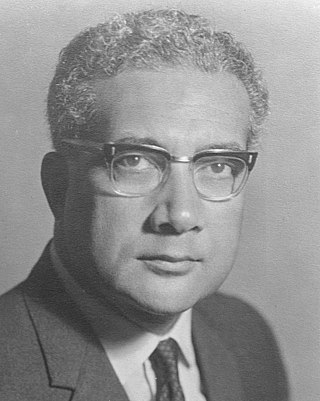
Ratu Sir Kamisese Mara, was a Fijian politician, who served as Chief Minister from 1967 to 1970, when Fiji gained its independence from the United Kingdom, and, apart from one brief interruption in 1987, the first Prime Minister from 1970 to 1992. He subsequently served as President from 1993 to 2000.
Ratu Sir Josefa Lalabalavu Vanayaliyali Sukuna was a Fijian chief, scholar, soldier, and statesman. He is regarded as the forerunner of the post-independence leadership of Fiji. He did more than anybody to lay the groundwork for self-government by fostering the development of modern institutions in Fiji, and although he died a dozen years before independence from the United Kingdom was achieved in 1970, his vision set the course that Fiji was to follow in the years to come.
Ratu is an Austronesian title used by male Fijians of chiefly rank. An equivalent title, adi, is used by females of chiefly rank. In the Malay language, the title ratu is also the traditional honorific title to refer to the ruling king or queen in Javanese culture. Thus in Java, a royal palace is called "keraton", constructed from the circumfix ke- -an and Ratu, to describe the residence of the ratu.
Tovata is one of three confederacies comprising the Fijian House of Chiefs, to which all of Fiji's chiefs belong.
Naming conventions in Fiji differ greatly, both between and within ethnic groups in Fiji. Indigenous Fijians have a set of cultural practices which today are more loosely followed, and to some extent blended with elements of European culture with regard to names. In the Indian community, traditional Indian naming practices co-exist with influence from the Fijian and European cultures.

ʻEnele Maʻafuʻotuʻitonga, commonly known as Maʻafu, was a Pacific islander who held important titles in two countries in the Pacific. He was a traditional Tongan Prince and a Fijian chief nominated and installed by the Tovata chiefs of Lakeba and Vanua Balavu as 'Tui Lau' in 1869. This title was ratified by a wider council of Fijian chiefs and subsequently formalised under British colonial administration. In 1847, Maʻafu went to Fiji in an expedition to Vanua Balavu to investigate the killing of a preacher.
Tu’i Nayau is the title held by the paramount chief of the Lau Islands in Fiji and is synonymous with the title holders over lordship of these islands. When translated, Tu’i Nayau means "Lord of Nayau", an island north of Lakeba, the latter accepted by many to be the chief island in the Lauan archipelago. Prior to being installed as Tu’i Nayau, the claimant must first be confirmed upon the decision of the noble households making up the Vuanirewa clan and then installed Sau or High Chief of Lau. Not every Sau has been installed Tu’i Nayau.
Rasolo was a Fijian High Chief.
The Lau Islands aka little Tonga of Fiji are situated in the southern Pacific Ocean, just east of the Koro Sea. Of this chain of about sixty islands and islets, about thirty are inhabited. The Lau Group covers a land area of 188 square miles, and had a population of 10,683 at the most recent census in 2007. While most of the northern Lau Group are high islands of volcanic origin, those of the south are mostly carbonate low islands.
Tubou is a village on the Fijian island of Lakeba. One of eight villages on Lakeba, it is considered the capital of the Lau Islands, being the seat of the Vuanirewa clan, a powerful chiefly family from which Fiji's longtime Prime Minister and President, Ratu Sir Kamisese Mara (1920–2004) and one of Fiji's famous cricketers I. L. Bula (1921–2002), hailed.

Lomaloma is a village at the south of the island of Vanua Balavu in the Lau archipelago of Fiji. The settlement is part of the tribal district of Tikina, Lomaloma and consists of 9 villages, 13 Yavusa (tribes), 42 Mataqali (clans), and 54 family units known as Tokatoka. The nine villages of Lomaloma Tikina are Lomaloma, Sawana, Susui, Narocivo, Namalata, Uruone, Levukana, Dakuilomaloma, and Tuvuca.
Roko Taliai Tupou (17??-1875) was a Fijian nobleman. He is considered to be the progenitor of the noble household Vatuwaqa in the chiefly Vuanirewa clan and as such, was the first member of this noble household to hold the title Tui Nayau. His reign marked the growth of Christianity in Lau and the slow expansion of Tongan ambitions in Fiji, led by Enele Ma'afu. As this period marked increasing contact with Europeans, records from this point forward in regard to the history of Lau are well documented.
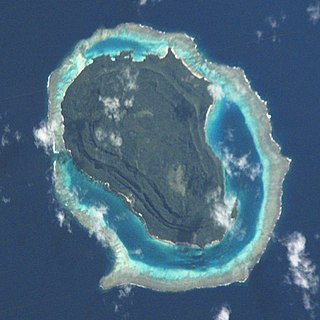
Tuvuca is a small island off Vanua Balavu in Fiji's Lau archipelago. It is a densely wooded and inhabited island and rises 800 feet above sea level at the highest point. There is only one village on the island. Tuvuca has untapped deposits of phosphate.
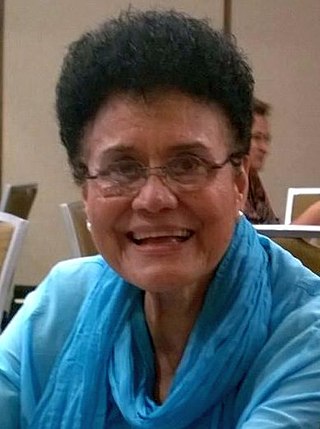
Adi Mere Tuisalalo Samisoni is a Fijian businesswoman and politician, from Lomaloma village on the island of Vanua Balavu in Fiji's Lau archipelago. Samisoni is current Member of Parliament for the Opposition Party SODELPA. She holds a Doctorate and master's degree in Business Administration and owns Hot Bread Kitchen and resides in Suva Fiji's Capital. She has served as Mayor of Lami and as a member of the now-defunct House of Representatives.
Tui Lau is a Fijian chiefly title of recent history which was created during the time of Ma'afu and his conquests.
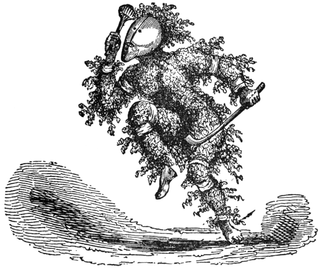
Delailoa was a Fijian High Chief.
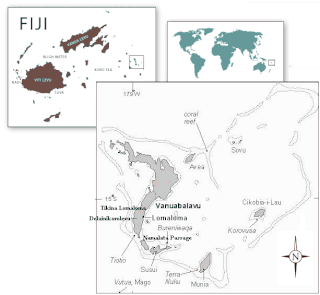
Turaga na Rasau is a traditional Fijian chiefly title of the Lau Islands. Prior to Fiji's colonial days, Fiji had many different Vanua with their own Paramount Chieftain which exercised no authority over the other; a saying from the island of Kadavu aptly summarises it "Nomu Turaga o sega na noqu Turaga" or "Your Chief is not my Chief" also the people of Beqa Island were of a similar opinion saying "Qali Cuva Ki Lagi" or "Subject only to heaven" and would bow to no outside Chieftain, but at the turn of the 20th century aspects of the traditional social structure remained, but for administrative purposes three main Matanitu were solidified and formed as they were the dominant consolidated powers at the time being that of Kubuna, Burebasaga and Tovata. With regard to the Rasau while its traditional origins were in Kubuna on Bau the titles traditional authority in modern Fiji is now in Tovata, Lau in particular Lomaloma Tikina on the Island of Vanua Balavu.
The Turaga na Ravunisa is a Fijian Chiefly title of the Lau Islands, in particular the village of Lomaloma on the Island of Vanua Balavu.

Charles Walker, CMG was a Fijian civil servant and Alliance Party politician and diplomat.
In Fiji, Turaga na Roko Tui Bau is a vassal chief of the Vunivalu of Bau. From his seat at the residence of Naicobocobo, the Roko Tui Bau rules the Vusaratu chiefs and has relationships with the Roko Tui Dreketi, Ratu Mai Verata, Roko Tui Namata, Roko Tui Veikau, Tui Vuya and other members of Fiji's House of Chiefs.








